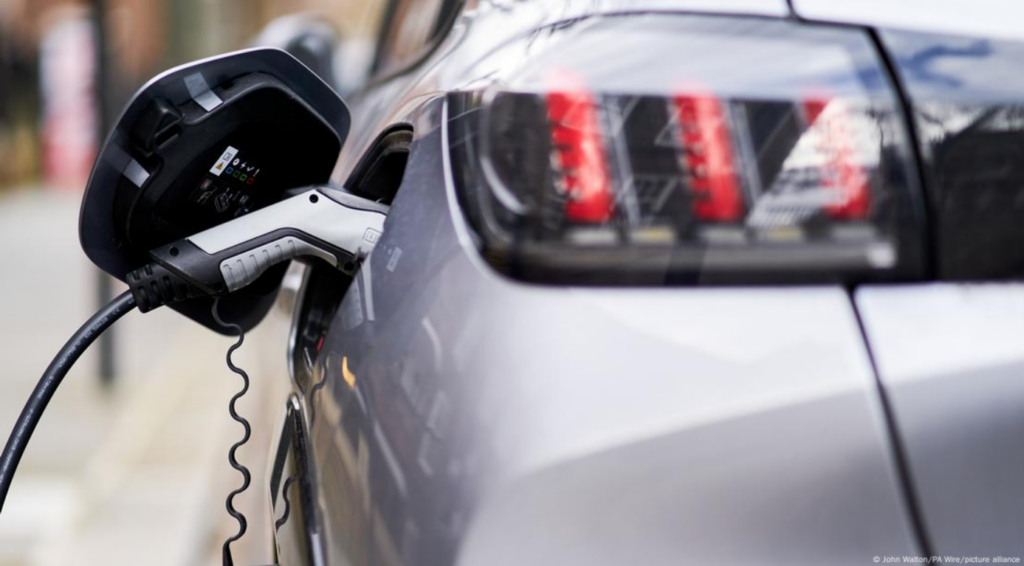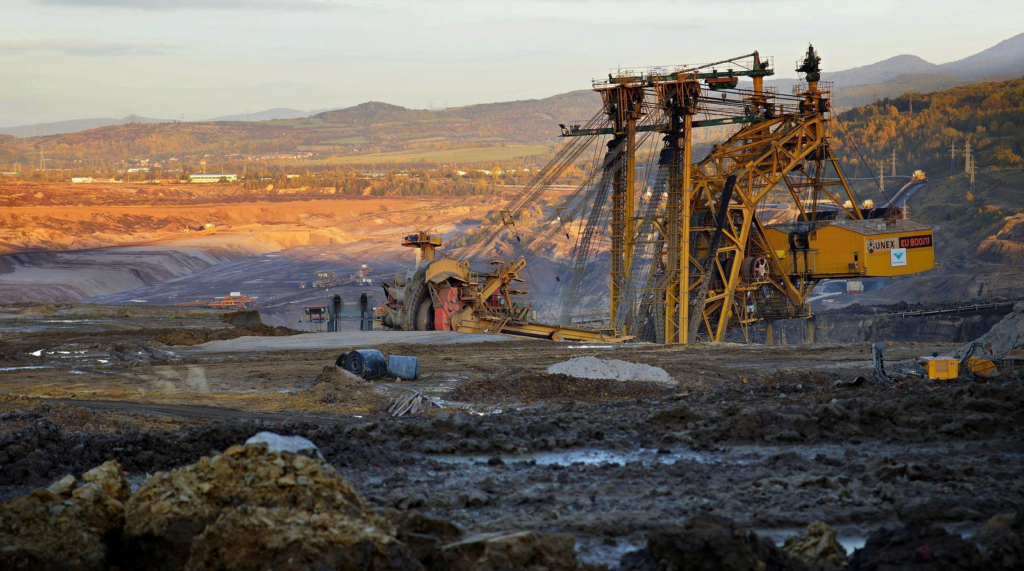In a strategic move to bolster its clean technology sector, the European Union (EU) has secured a pivotal agreement with Serbia to develop lithium supply chains. This deal underscores the EU’s urgent quest for lithium, a critical mineral essential for advancing clean technologies and transitioning away from fossil fuels.
A New Partnership for Lithium
The agreement, announced during a ceremony in Belgrade with Serbian President Aleksandar Vucic, German Chancellor Olaf Scholz, and European Commission Vice President Maros Sefcovic, marks a significant milestone in the EU’s raw material diplomacy. Over the past three years, the EU has been actively forging partnerships with countries such as Canada, Ukraine, Kazakhstan, Rwanda, Argentina, and Namibia. Serbia’s addition to this list highlights the strategic importance of the Balkan nation in the EU’s energy and technology plans.

Serbia’s relationship with the EU has often been fraught with tension due to its close ties with Russia and China and its reluctance to align with EU sanctions on Russia. However, the new agreement signifies a shift, focusing on cooperation in raw materials, battery supply chains, and electric vehicles.
Lithium: The Key to a Clean Future
The EU’s emphasis on lithium is driven by its role in batteries for electric cars, solar panels, and wind turbines—all crucial components for a fossil fuel-free future. Demand for lithium in the EU is projected to surge twelve-fold between 2020 and 2030, with Germany, a leading car manufacturer, having a particularly high demand. Additionally, upcoming EU laws banning new gasoline and diesel cars by 2035 further intensify the need for increased lithium production.
Currently, the EU relies heavily on imports, with 79% of its processed lithium coming from Chile and most manufactured battery cells coming from China. The deal with Serbia aims to reduce this dependency and create a closer-to-home supply chain, leveraging Serbia’s significant lithium reserves.
Controversies and Environmental Concerns
Despite the economic promise, the deal has sparked considerable controversy within Serbia. Environmental activists and citizens are deeply concerned about the impact of lithium mining on the country’s natural environment. Protests against mining activities led to a ban on Rio Tinto, a major mining company, in 2022, which was later lifted. The Serbian government has indicated that mining operations might commence in 2028, but many remain skeptical about the environmental implications.
Critics argue that the environmental costs might outweigh the benefits, and opposition politicians like Savo Manojlovic have voiced strong objections, urging international leaders to reconsider the mining plans. A spokesperson for Rio Tinto assured that the mining operations would adhere to stringent environmental standards and comply with both Serbian and EU regulations.

Serbia’s EU Aspirations
Serbia’s EU membership aspirations have been ongoing since 2012. Sefcovic’s comments during the signing ceremony reflected the EU’s interest in accelerating Serbia’s integration process. However, challenges remain, particularly regarding the normalization of relations with Kosovo, which declared independence from Serbia in 2008. Serbia’s refusal to recognize Kosovo’s independence and ongoing geopolitical complexities add layers of difficulty to Serbia’s EU accession.
Researcher Stefan Vladisavljev from the Foundation BFPE for a Responsible Society cautions that Serbia’s path to EU membership is complex and hindered by both geopolitical and domestic issues.
The lithium deal represents a critical step for the EU in securing essential resources for its clean tech ambitions while navigating the intricate political landscape of the Balkans. As Serbia and the EU move forward with their partnership, the success of this agreement will depend on balancing economic benefits with environmental and political challenges.





